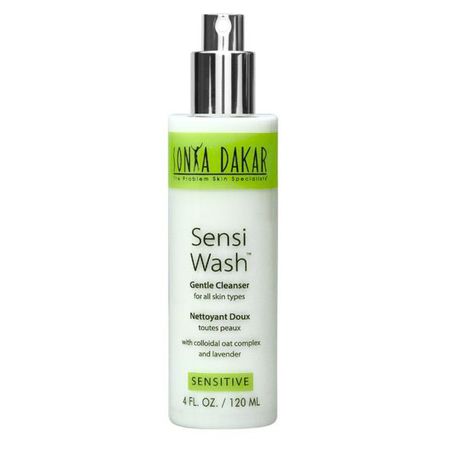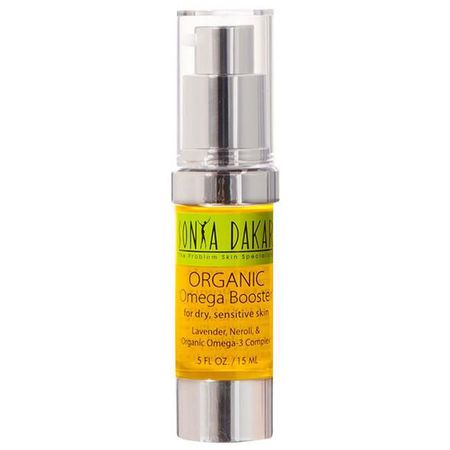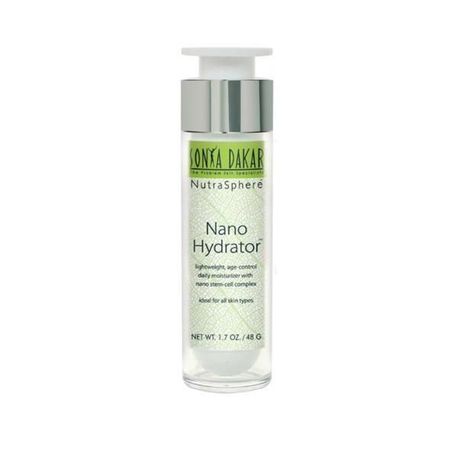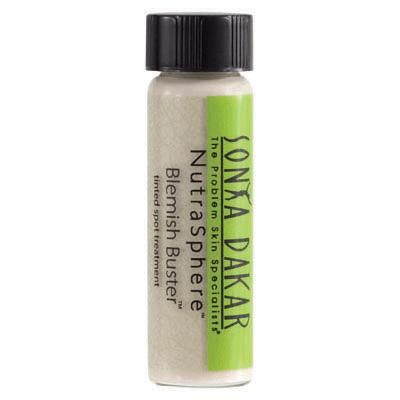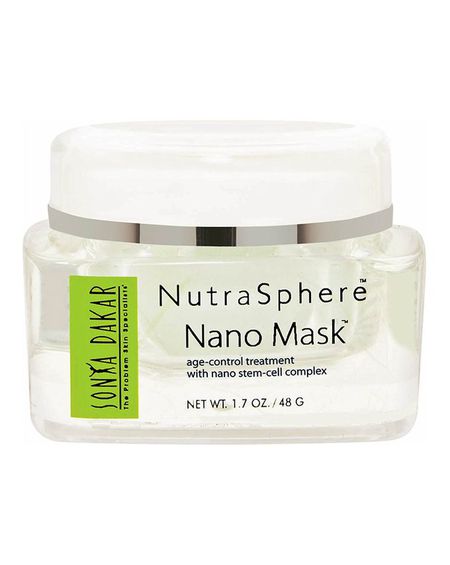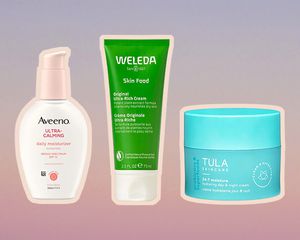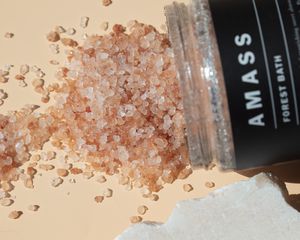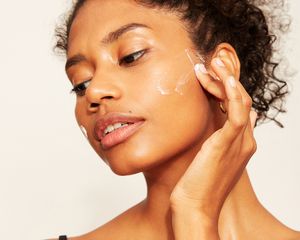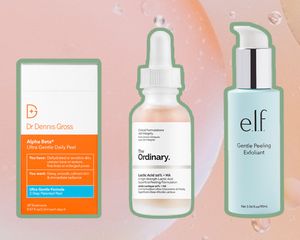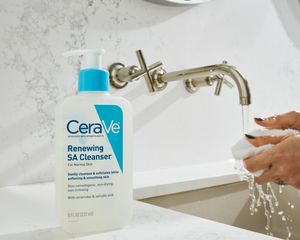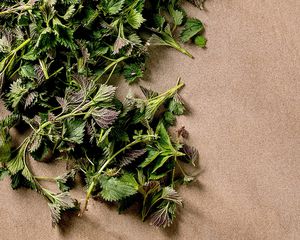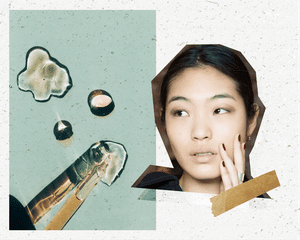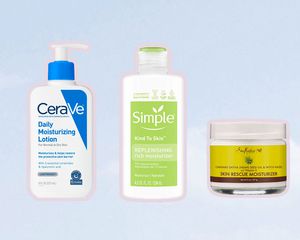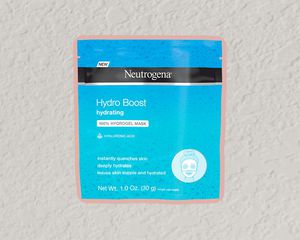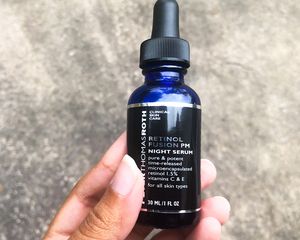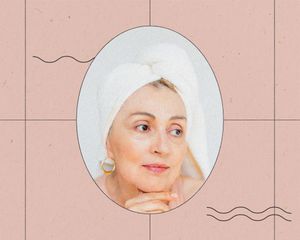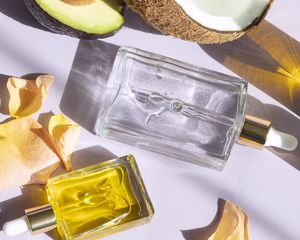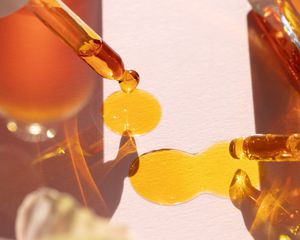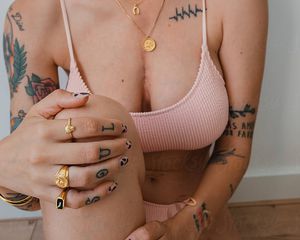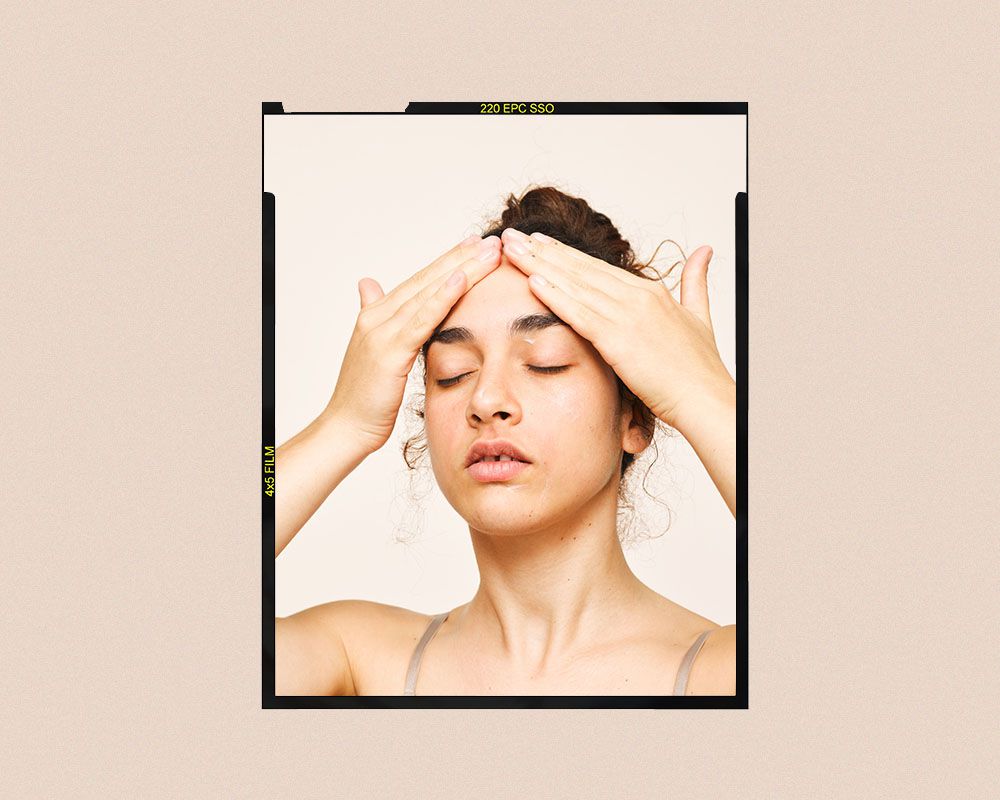
Stocksy/Design by Cristina Cianci
[Ed. Note: Rosacea is a medical condition, and, as with any skin condition, should be diagnosed and treated only by a board-certified dermatologist. If you think you may have rosacea, only a physician should determine your course of treatment.]
Rosacea is a skin condition affecting an estimated 16 million people in the U.S. “It’s a condition where the skin is extra sensitive and reactive to the environment,” says board certified dermatologist Joshua Zeichner, MD.
Rosacea is characterized by easily flushed skin, redness, and often small, red, pus-filled bumps on the face, and its cause is uncertain by the medical community. There are, however, known factors that trigger the condition, including sun exposure, cold and dry weather, hot showers, irritating skincare products, stress and anxiety, alcohol consumption, and certain medications.
Sometimes rosacea is mistaken for acne and eczema, so people end up addressing it in all the wrong ways. To weigh in on rosacea best practices, we tapped Dr. Zeichner and celebrity facialist Sonia Dakar, who has decades of experience recognizing and addressing the condition among her clients.
Meet the Expert
- Dr. Joshua Zeichner, MD is a dermatologist, as well as the Director of Cosmetic and Clinical Research in Dermatology at the Mount Sinai Hospital in New York City.
- Sonia Dakar is a renowned celebrity facialist with over 30 years of professional experience. Her eponymous skincare brand and clinic are based in Beverly Hills, CA.
Dr. Zeichner explains that the goal of treating rosacea is “to keep the skin barrier in as good shape as possible and to calm inflammation in the skin,” and says this looks like a routine composed of a gentle cleanser (he recommends the Dove Sensitive Skin Beauty Bar to his patients with sensitive skin), moisturizers that contain soothing botanicals, and a mineral-based sunscreens that can help block UV light exposure (his pick is Solara Suncare Time Traveler Sunscreen, which he describes as an all-natural mineral formula that also contains barrier-strengthening squalane and ceramides).
Sonya Dakar once told me she’d “healed” one of her celebrity client’s chronic rosacea with five vegan, cruelty-free, and plant-derived products. Ahead, is that coveted routine with expert input from Dr. Zeichner.
Gentle Cleanser
As Zeichner previously mentioned, a gentle cleanser is a key part of a routine meant to quell rosacea. Dakar formulated this creamy, milky, detergent-free cleanser just for irritation-prone skin. The product's star ingredient is a type of oat extract that helps "calm skin down as well as strengthens it to make it more resilient to future irritation," says Dakar.
Omega-Rich Face Oil
"The most popular product most of my rosacea clients are addicted to is the Organic Omega Booster," says Dakar. This face oil is packed with concentrated omega-3, -6, and -9 and rich flaxseed oil, all of which Dakar swears are "very concentrated and effective in reducing irritation, inflammation, and redness."
Dakar came up with this formulation over 30 years ago after seeing so many of her clients come in with overprocessed, irritated skin (those intense glycolic peels that were all the rage at the time were likely to blame). "The Organic Omega Booster immediately soothes skin, reduces redness and inflammation, and calms any itchiness." Brittany Snow is a mega fan.
To treat rosacea, look for products with organic flaxseed oil as an ingredient. It is extremely rich in essential fatty acids and is effective in alleviating redness, irritation, and inflammation.
Lightweight Moisturizer
Simpler is better when it comes to moisturizer for rosacea. That's why Dakar recommends this non-greasy, featherlight, 98 percent-natural formula: "a gentle and light anti-aging moisturizer that feels great on the skin upon application."
Spot Treatment
"Rosacea is characterized both by facial redness and the development of pus pimples," says Dr. Zeichner. Dakar recommends applying this gentle healing spot treatment made with topical probiotics and colloidal silver.
But be warned, there is a difference between a rosacea pimple and your average pimple. "Unlike in true acne, there are no black heads or whiteheads," says Zeichner, who explains that spot treatments may not be as effective at drying out a pimple as a rosacea pimple.
Hydrating Mask
This might not be for everyday use, but once or twice a week, Dakar recommends doing this soothing, moisturizing mask to keep your rosacea in check. "It offers intense hydration and delivers vital nutrients, plant stem cells, and antioxidants to the skin to hydrate and strengthen it," she says.
Make sure to wear sunscreen every day, of course, and within about a month of following this simple routine, you should notice significant improvements in your rosacea.
The Final Takeaway
The goal of treating rosacea is to maintain the skin barrier and calm inflammation. To do this, Dr. Zeichner recommends a gentle cleanser, simple moisturizers swirled with botanicals, and mineral-based SPFs. Facialist Sonia Dakar recommends five vegan, plant-based products that calm irritated skin.




